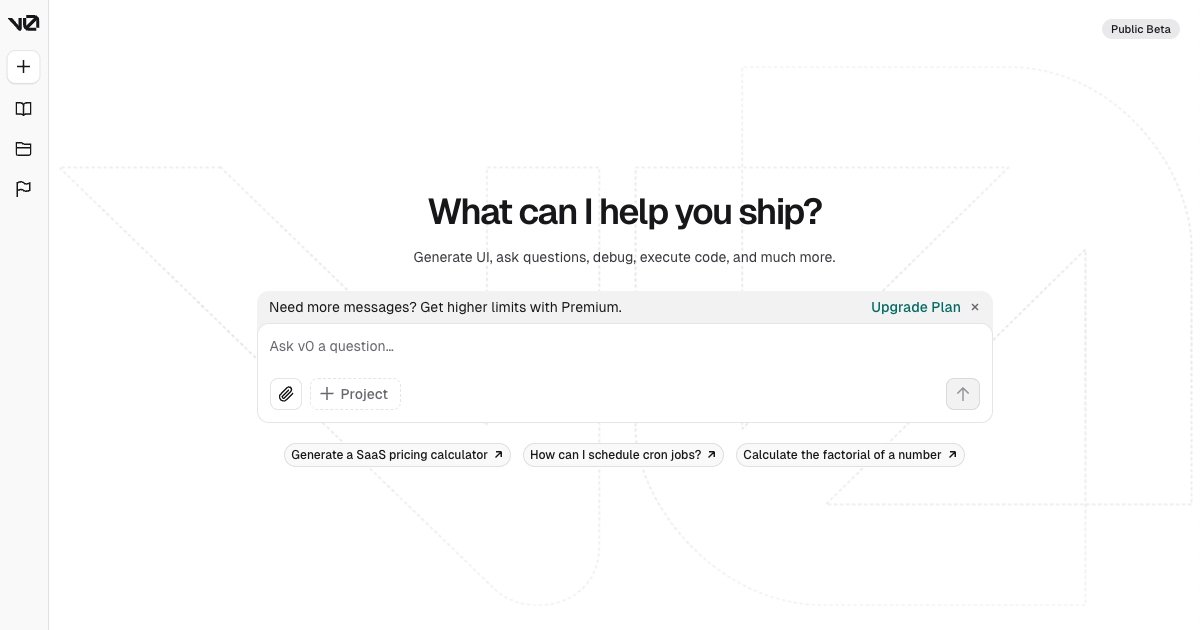Enhancing Business Areas with AI

There is no doubt that support for AI is strengthening daily in the engineering field. Recently, Claude Code has been gaining a lot of traction.
On the other hand, I feel that the use of AI outside of engineering is still limited to research and brainstorming contexts.
It is expected that the offline area will be significantly improved with the forthcoming spread of robots.
In the business domain, while it is not impossible to leverage AI, the reality is that not many people are actively engaging in it.
In areas like marketing, sales, and customer support, multiple tools tend to be involved in a single task.
In our company, products like Slack, Notion, HubSpot, ClickUp, and Google Workspace are frequently used.
To automate routine tasks, it is necessary to operate these tools cross-functionally, ensuring that each API is open while coordinating a well-functioning workflow.
The difficulty level for non-engineers to perform the above tasks is high, which is likely the reason AI has not been integrated into the business domain.
In the engineering domain, services like Supabase and microCMS have already enabled multiple services to be integrated with code implementation, so I believe that in the near future, AI will automatically integrate even in the business domain.
However, for Slack, Notion, HubSpot, and others, it is necessary to create an app in order to access their APIs, and it is essential to limit the scope of API access. If one is not an administrator, approval from an administrator is required. This seems to put a halt to full automation at the moment.
However, this is something that simply needs to be done, so I am currently experimenting with various things myself.
Recently, I have been using Dify, as it allows HTTP requests to be incorporated into workflows, which gives the impression that almost anything can be created.
There are many cases where automation can be achieved simply by connecting APIs, without necessarily forcing the use of AI.
I believe it would be best to leave only the parts of the workflow that require human-like thinking (such as writing or reasoning) to AI.
If the business area can see all routine tasks automated, allowing the focus to be solely on communication with customers, that would be a success.
Once AI starts to integrate into customer communication as well, it becomes unclear when the other party is also an AI, so I think that aspect will likely remain (as conversations in communication often involve confirmations and approvals).















